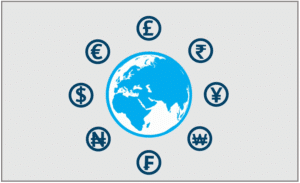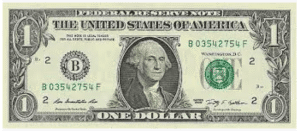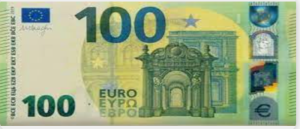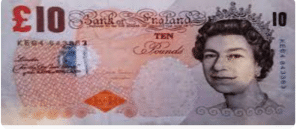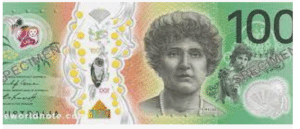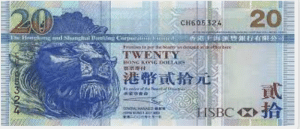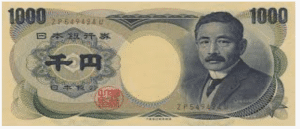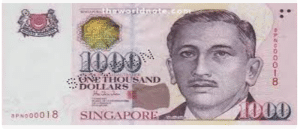Frequently Asked Questions About Multi-Currency Accounts and Cards for FX Transactions
Can I get a bank account that holds different currencies in Canada?
If you are a Canadian resident looking to perform international transactions frequently using a range of currencies, a multicurrency account is a great idea; however, most high street financial institutions - including the big Canadian banks - do not offer these types of bank accounts to everyday consumers. You may be able to get a multicurrency account at your local bank if you are a business, but your best bet is a specialist online provider.
Online multicurrency accounts provide the ability to convert currency, complete money transfers, send money overseas, and so on, all from an account online, and crucially via just one account rather than multiple. Some even offer a debit card. All of this means online providers can offer more functionality than a traditional financial institution, and those dealing in a variety of currencies do not have to bear the burden of managing multiple accounts. The bottom line: multicurrency accounts are much more convenient.
Which is the best multicurrency bank account?
The best multicurrency account for you depends on your needs. For example, how often will you use the account? Which currencies do you need access to? How much are you prepared to pay in transaction fees, and are you willing to pay monthly fees for the account? Will you be able to meet the high minimum balances that some multicurrency accounts require? Will your needs be hampered by a transaction limit?
Answering these questions will help you determine which of the available multicurrency accounts can meet your needs; you can then compare costs and find the best one for you.
How much does a multicurrency bank account cost?
Multicurrency accounts are often cheaper to use over the long term than paying for each foreign transaction separately via your bank; this is one of their big benefits.
The exact cost will vary, however, based on the account type and provider you choose, as well as how you use the account. To understand how much each option will cost you, consider how often you are likely to perform each type of transaction (withdrawals, payments, transfers, etc.), and their size, and then look at the fees each provider charges. Also take a look at the margin they use for forex transactions.
Many providers only charge fees on a per transaction basis, but some have monthly fees, overdraft fees, conversion fees, and so on. Do your research to find the most competitive solution for you.
What is a foreign currency account?
A multicurrency account is an account that can hold more than one currency; in contrast to this, accounts that hold a single foreign currency are only useful to those who want one vehicle for conducting business in one other country.
For example, businesses in Canada have access to USD-based accounts and credit cards. These accounts and cards are useful for those who do cross border business, do not encounter other currencies, and wish to separate their American transactions from their Canadian transactions.
Can I open foreign currency accounts in Canada?
Some banks in Canada, and many online providers, offer businesses and individuals the ability to open accounts that deal in currencies other than CAD. But it's important to note that a single currency account, for any currency, will only allow you to perform transactions in that one currency.
Can a Canadian business have a US bank account?
To hold a US bank account, a business must be registered in the US - it cannot open one with a US bank as a foreign entity. This is one reason many Canadian businesses who make cross border payments choose multicurrency accounts; it allows the flexibility to deal in American and Canadian dollars, perform international transfers with ease, and if necessary, provides local account details for US transactions.
A multicurrency account will allow you to get paid - and make payments - in a range of currencies. And holding a balance in a range of currencies can be helpful if you deal with international suppliers, or if any of your team are based abroad.
What is multicurrency Visa card?
Some multicurrency accounts come with debit Visa cards; these cards allow the user to treat the account just like any other, paying for items and withdrawing ATM funds, while seamlessly switching between currencies. For those who travel often, or who purchase items online from other countries frequently, this can be really helpful.


